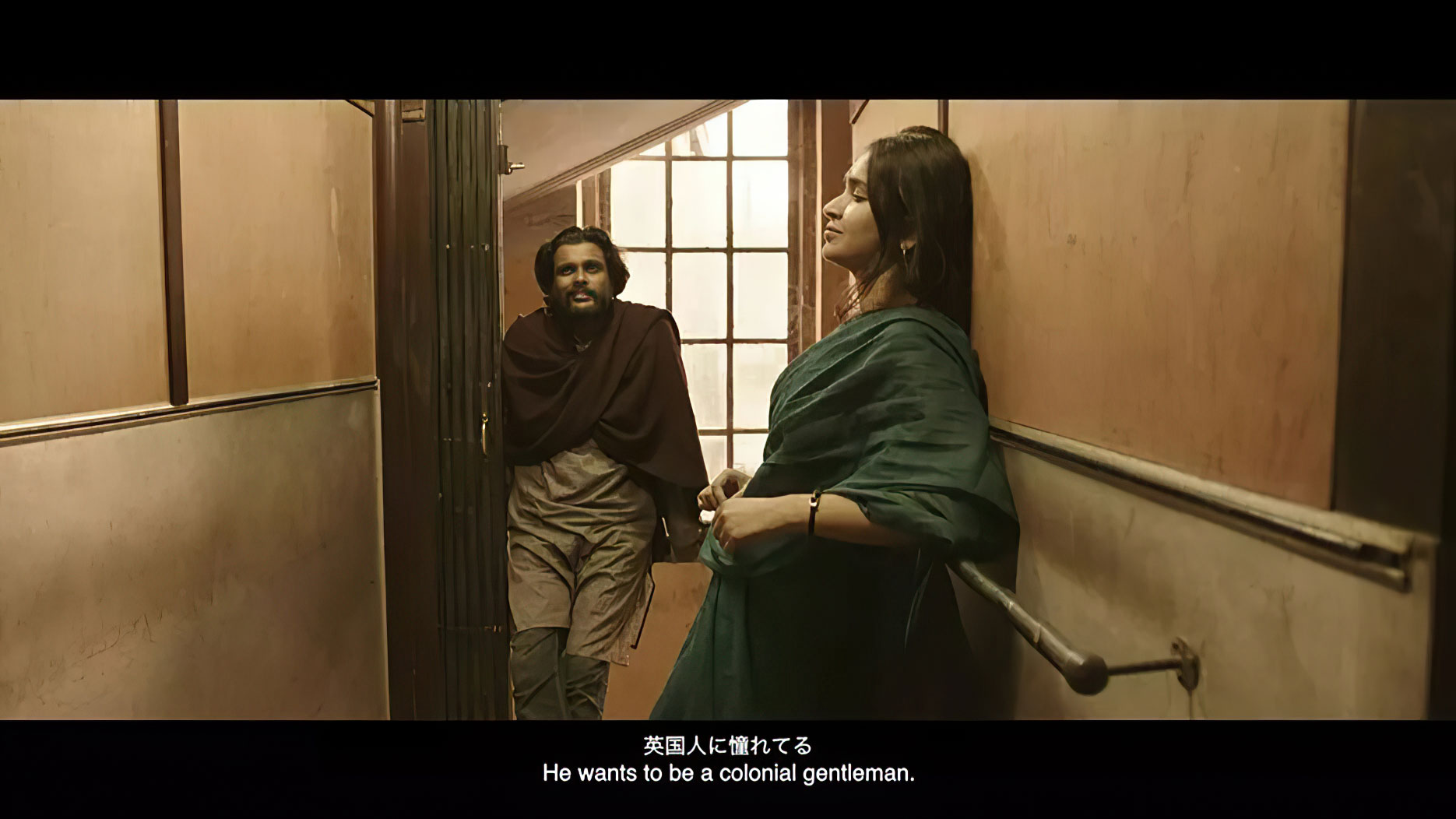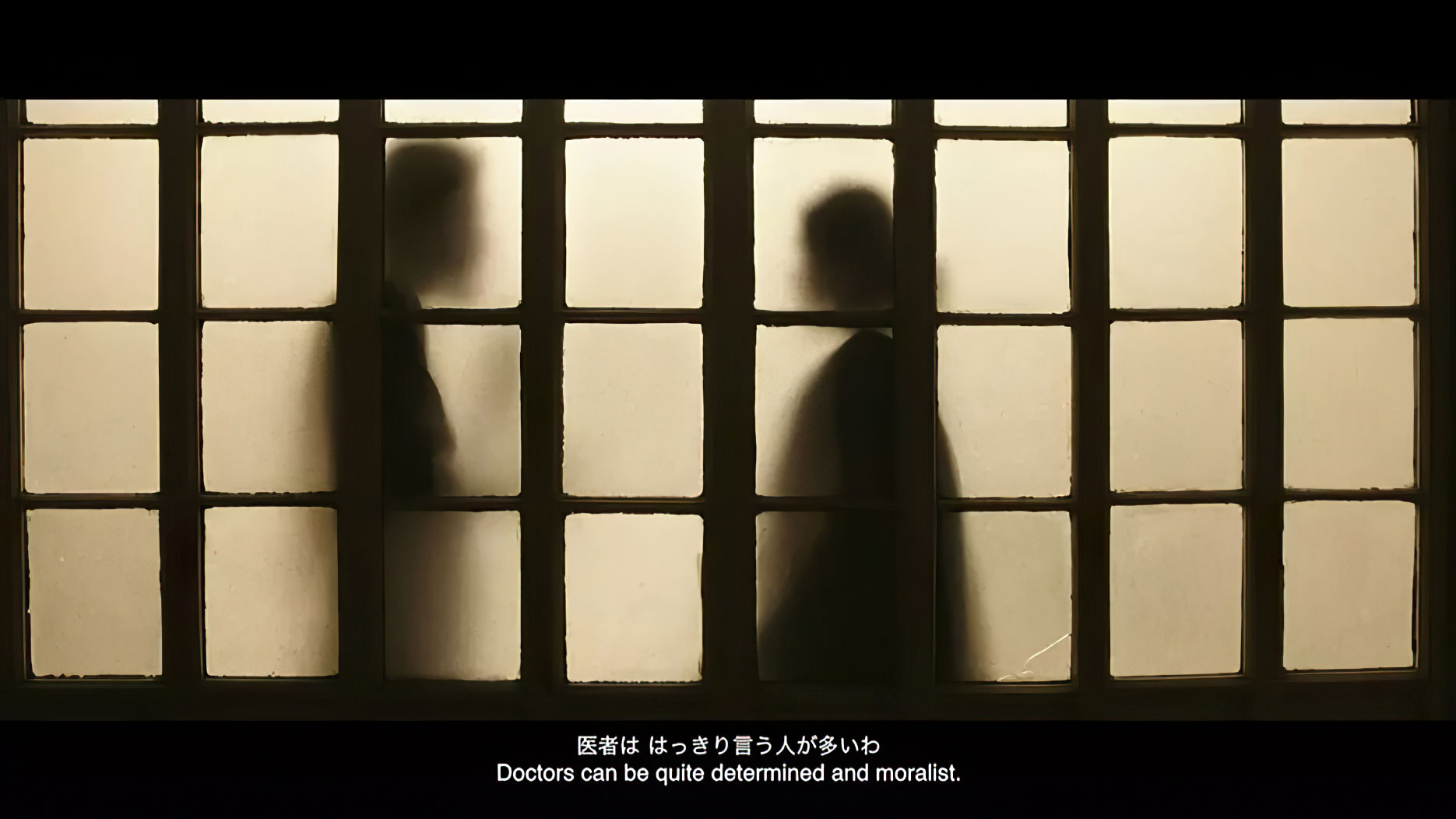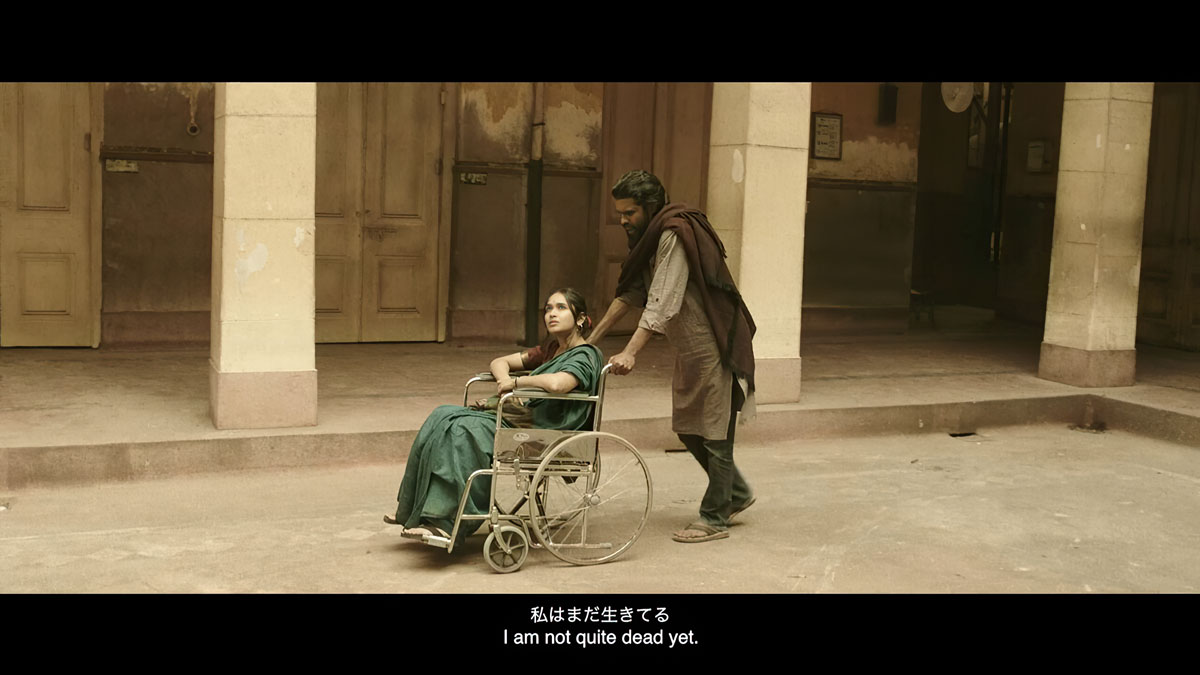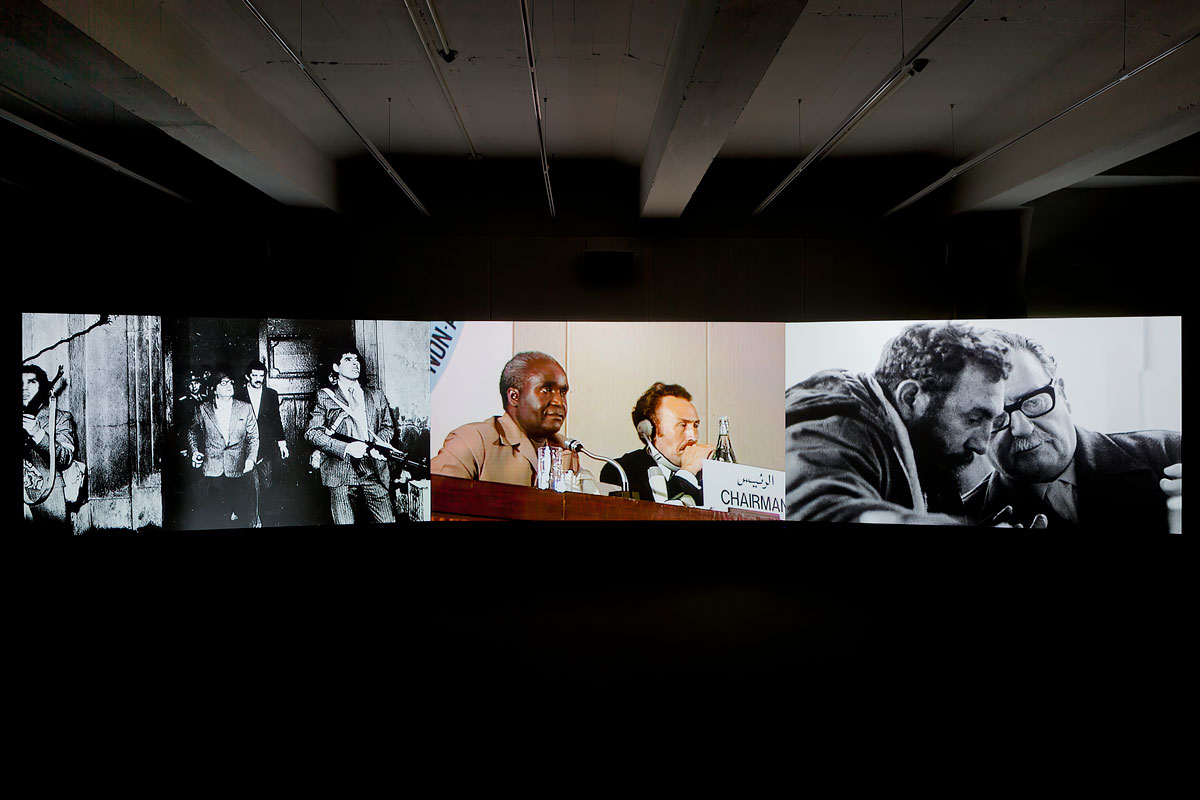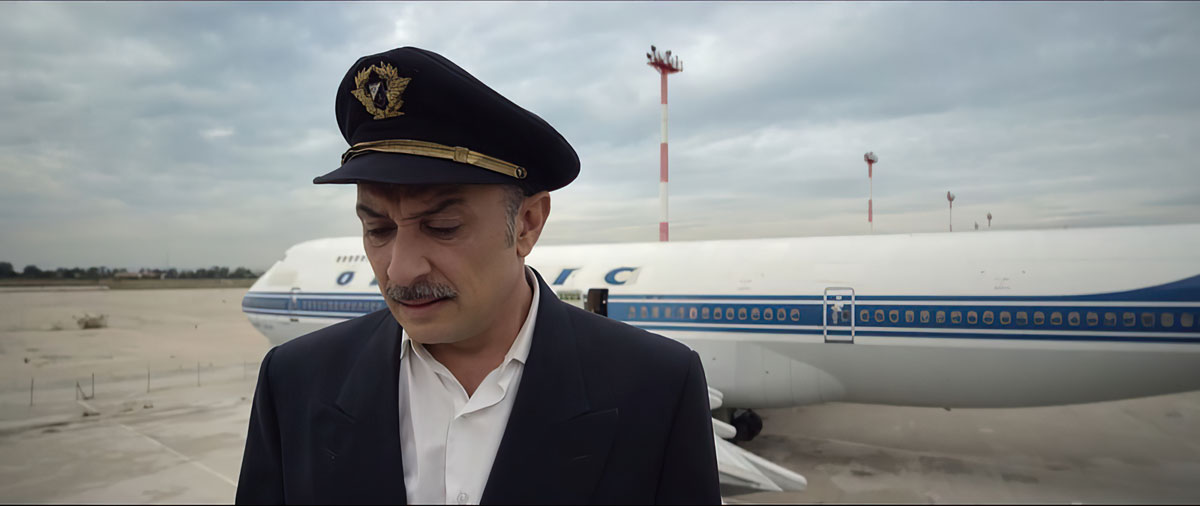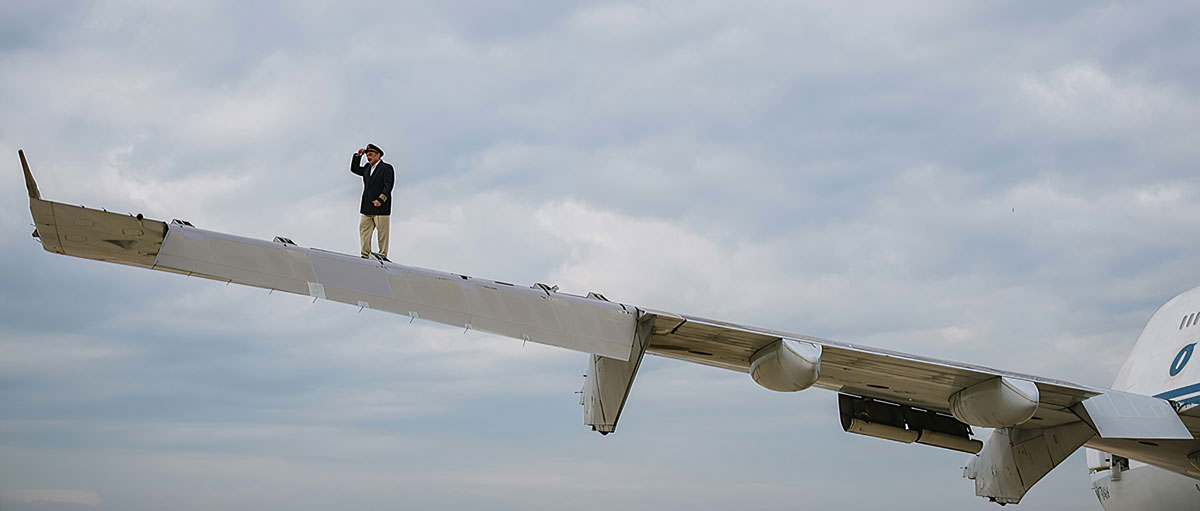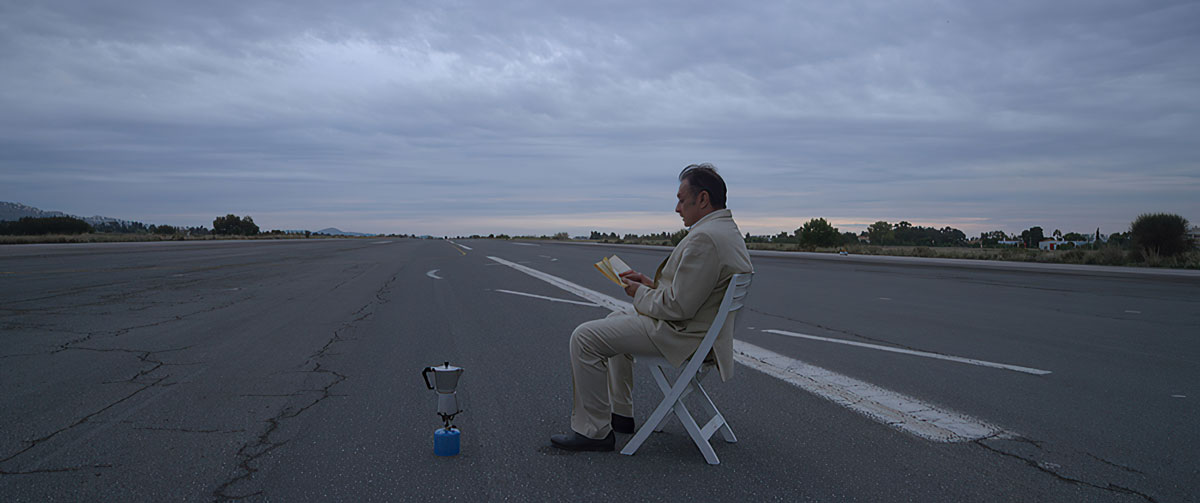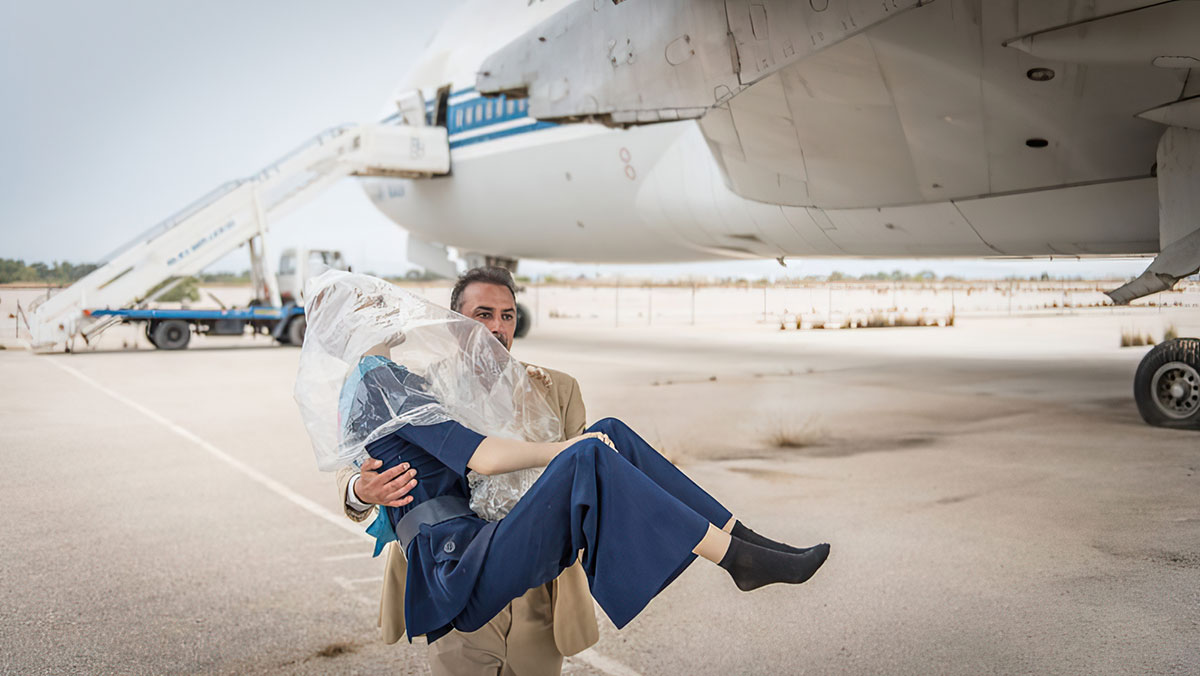ART-PRESENTATION: Naeem Mohaiemen-Jole Dobe Na
 Born in London in 1969, Naeem Mohaiemen projects explore the intersecting regional histories of South Asia and its leftist uprisings, the 1971 Bangladesh Liberation War, and the role of misrecognition within global solidarity. They are narrated via a personally invested dramaturgy, which incorporates family annotations and popular culture in its reflections on history. His protagonists might be categorized as “support acts” in the unspooling reel of official chronicles: revolutionaries, novelists, double agents, martyrs, theorists.
Born in London in 1969, Naeem Mohaiemen projects explore the intersecting regional histories of South Asia and its leftist uprisings, the 1971 Bangladesh Liberation War, and the role of misrecognition within global solidarity. They are narrated via a personally invested dramaturgy, which incorporates family annotations and popular culture in its reflections on history. His protagonists might be categorized as “support acts” in the unspooling reel of official chronicles: revolutionaries, novelists, double agents, martyrs, theorists.
By Efi Michalarou
Photo: Bildmuseet Archive
Naeem Mohaiemen’s new film “Jole Dobe Na” (Those Who Do Not Drown) is a dreamlike and meditative story about loss and care. In an abandoned hospital, a man moves through empty wards, running an endless memory loop of the last months of his wife’s life. Through his repetitive recall, Mohaiemen’s work expresses how the departed live on in the minds of those left behind. The film was conceived in response to a prompt given by Raqs Media Collective to think about modes of care, and the afterlife of caregivers. In an empty hospital in Kolkata, a man faces protocols of blood, a subtly discriminatory office, and a vacant operating theater. His mind is on a loop of the last months of his wife’s life, when a quiet argument developed. When is the end of pharma-medical care, whose life is it anyway? They were an estranged couple, thrown back into intimacy by an unknown illness. Even in a dreamworld of his making, the paranoia of infection is twinned with a hesitant intimacy. Mohaiemen revisits themes from the earlier “Tripoli Cancelled” (2017): family unit as locus for pain-beauty dyads, abandoned buildings as staging ground for lost souls, and the necessity of small prevarications to keep on living. In Tripoli, the boredom of daily life is punctuated by letters to an invisible wife, and endless readings of Richard Adams’ dark children’s book” Watership Down”. In “Jole Dobe Na” a memory of final days is kept alive by the partner, and the book readings are from Syed Mujtaba Ali’s stories of Europe between the two wars. “Jole Dobe Na” was commissioned by the Yokohama Triennale and Bildmuseet, where it is now being shown for the first time following its premiere in Japan. The film is presented together with earlier works on memory, photography and history, including the acclaimed film installation “Two Meetings and a Funeral” (2017) which premiered at documenta 14 in Kassel.
“Two Meetings and a Funeral” considers the historical pivot from the socialist perspective of the 1973 Non-Aligned Movement meeting in Algeria to its ideological counterpoint, the emergence of a transnational Islamic perspective at the 1974 Organization of Islamic Cooperation meeting in Pakistan. The project is centered on Bangladesh’s hesitant, contradictory navigation of these two historic meetings and is set against the backdrop of its struggle for United Nations recognition. Through archival film material; images of architectural specters in New York, Algiers, and Dhaka; and footage of conversations with key leaders that point to the contradictions within decolonization movements, the film conjures a visually dense memory of these two meetings. Focusing on Global South nations—spanning Asia, Africa, Latin America, and the Middle East—and the shift that some of these nations made from a socialist political perspective to one centered on Islamic ideals, the project considers the erosion of a unified Third World as a potential space for decolonization, liberation theology, and socialism.
Loosely inspired by his father’s experience of being stuck in Ellinikon International Airport in Athens, Greece for nine days in 1977 after losing his passport “Tripoli Cancelled” (2017), follows the daily rituals of a man stranded in an abandoned airport. The film was shot in this same airport and follows a week in the life of a man who has been living in an airport for a decade, keeping himself sane through a daily routine of letters to his wife, fantasies of flying an aging jumbo jet, staging scenes with mannequins in flight attendant uniforms and reading a precious copy of the children’s book ‘”Watership Down”. The film is a haunting metaphorical take on the physical and mental isolation of the migrant experience. Designed by architect Eero Saarinen in the 1960s, Ellinikon International Airport was abandoned in 2001. After its closure the northwest portion of the airport was redeveloped, converting runways into a sports park that housed the 2004 Summer Olympics venues for canoe/kayak slalom, field hockey, baseball, and softball. Ellinikon recently was used to house refugees entering Greece, and then proposed as a site for luxury real estate development during European Union negotiations over Greek debt.
Photo: Naeem Mohaiemen, Jole Dobe Na (Those Who Do Not Drown), film still, 2020, © Naeem Mohaiemen, Courtesy the artist and Bildmuseet
Ιnfo: Bildmuseet, Umeå University, Universitetsområdet, Umeå, Duration: 20/2-15/8/2021, Days & Hours: online visits Thu-Sun 12:00-17:00, www.bildmuseet.umu.se
